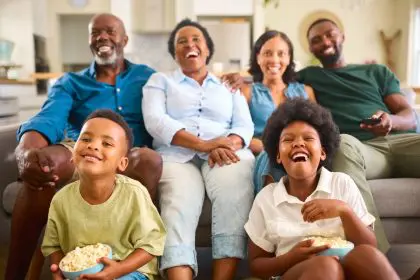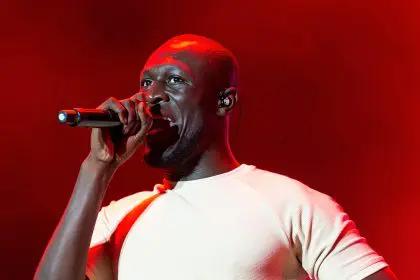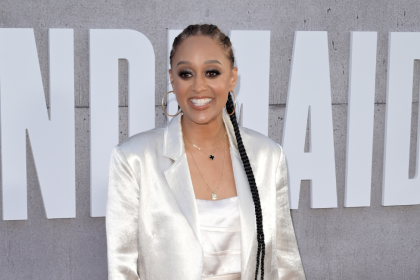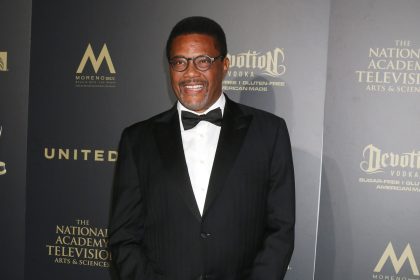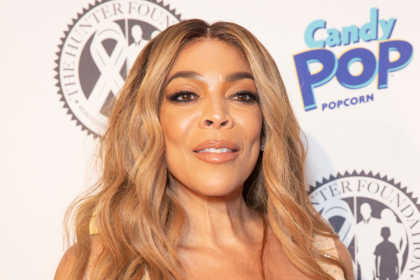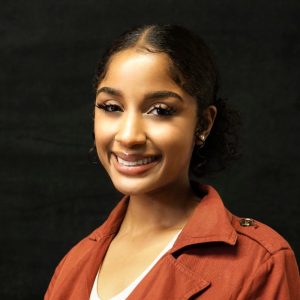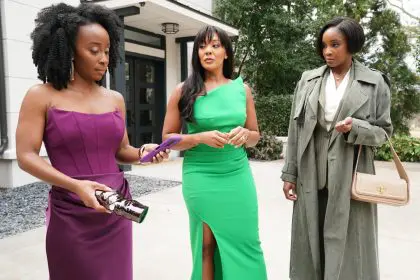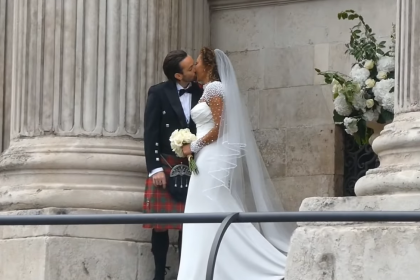Dionne Lea Williams is a film, television and theater actress, as well as a cabaret singer known for Dolphin Island, Ray Meets Helen, and American Fusion.
As a graduate of NYU’s prestigious Tisch School of the Arts, she received an MFA in acting, in addition to a BFA in theater from the University of Evansville.
Through her versatile training, she moves through the creative community doing improv shows, variety shows, and local theater. Dionne has focused the majority of her career on telling stories and singing songs to live audiences and through her podcast, “The Way I Am … Now.”
Williams discussed what attendees can expect to see during her upcoming showcases in Houston, Atlanta and Los Angeles.
What does it feel like to be on the stage?
It feels good. I thrive in what I do. It feels really good. It feels really powerful to be able to engage an audience for that amount of time, and they get it. They’re listening, they’re laughing, and they’re enjoying it. I do enjoy [it] at the end when people say to me, “How do you have the energy to do all that?” When you’re on stage and you love being on stage, you can be exhausted before you hit the stage, but once you get on it, there’s the adrenaline energy from the people and the joy of music and stories. It’s exciting, and I love it.
How did you develop the current work that you’re bringing to Atlanta and the world?
I started developing this during the pandemic. When we were shut down longer than two weeks, I was like, “I think when a lot of artists come out of this pandemic, they will need work. I need to have work available. I need to be ready.” I started writing, journaling, [and] thinking about all the challenges that my family, the world, and I were having. When I came out of the pandemic, I had all of these ideas, but it was a dark time. I met with my musical director, whose name is Keith Harrison Dworkin, and I was like, “We need to tell these stories, but how can we tell all of this and have people singing, dancing, snapping their fingers, and having a good time?” That was the challenge. That’s what the show is; it is a discussion about everything that we’ve gone through. It’s about a lot of the things that I’ve gone through that haven’t been so easy, but I keep everything positive. The music helps you to stay positive and stay joyful because the show is all about joy. That’s been my goal, and then going back to when I started 10 years ago, I started doing this and I was challenged to only do positive one-person shows. I accepted that challenge. That’s what I’ve been doing for 10 years. The last time I came to Atlanta, it was a positive show about moving through grief and how you move out and celebrate life and family. This one is about celebrating life, and friends and examining what a good time is. How we walk through these challenging times, positively, particularly for Black people.
What is one takeaway you want the audience to receive?
I believe that they’re going to leave deciding that they’ll live each day, step by step, which is a song I sing, that addresses your challenges step by step. You can’t overcome anything by going all the way there, but you can overcome it moment to moment, step by step, and thoughtfully. I think that’s what people will leave with; they will leave with a thoughtful exploration of their life. They will say, “Oh, this might seem big, but if I tackle it a little bit at a time, I can get there.” That’s what I love about doing it. I think that’s what they leave with. That’s how I’ve been teaching myself as I’ve been doing the [shows]. I’ve learned a lot of patience.
What did you learn about yourself during the pandemic?
We learned that we could do it. It took some therapy, we took a lot of walks, we did a lot of hiking, and we were outside a lot. We decided we weren’t going to be defeated by it.
What healing properties does singing give you while on stage?
That’s what I bring to the stage. Honesty, authenticity, and sharing the gift that I received from God, and my family.
How do you prepare to be on stage?
Then I do a lot of work to take care of my voice with tonics, vocal sprays, and humidifiers at night. It’s a practice.
What is your advice to Black girls looking up to you and why should they come watch?
I feel like I have found this niche and I do it well, and I love it. I hope that people come and say, “Oh, she did that, so this thing that I thought I couldn’t do, I actually can do.”
If you were giving a speech at Spelman College, Clark Atlanta University, Howard University, or Hampton University, what are three things you want the students to know?
Keep at it, because when you get there, it is a glorious moment. It is a moment of competence that you have arrived at something that you have earned and you are truly knowledgeable in. Something that you can share freely without anxiety, without second guessing yourself, and walk into rooms knowing, “I got this, girl.”
How do you promote the power of focus when there are so many distractions?
You have to be present for what you’re doing. If I’m talking to you, I can’t pick up my phone and start texting. That’s two different conversations. I have to be present here with you.
When you think of meditating, how have you grown in your journey?
I started meditating 19 years ago and it changed my life. I started meditating again because of my husband. I saw the benefit of my partner, and I wanted that. When you meet those people who meditate and pray; they just have something about them. I want to be around those people and I want what they have.

